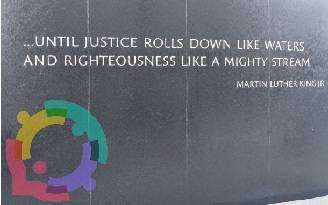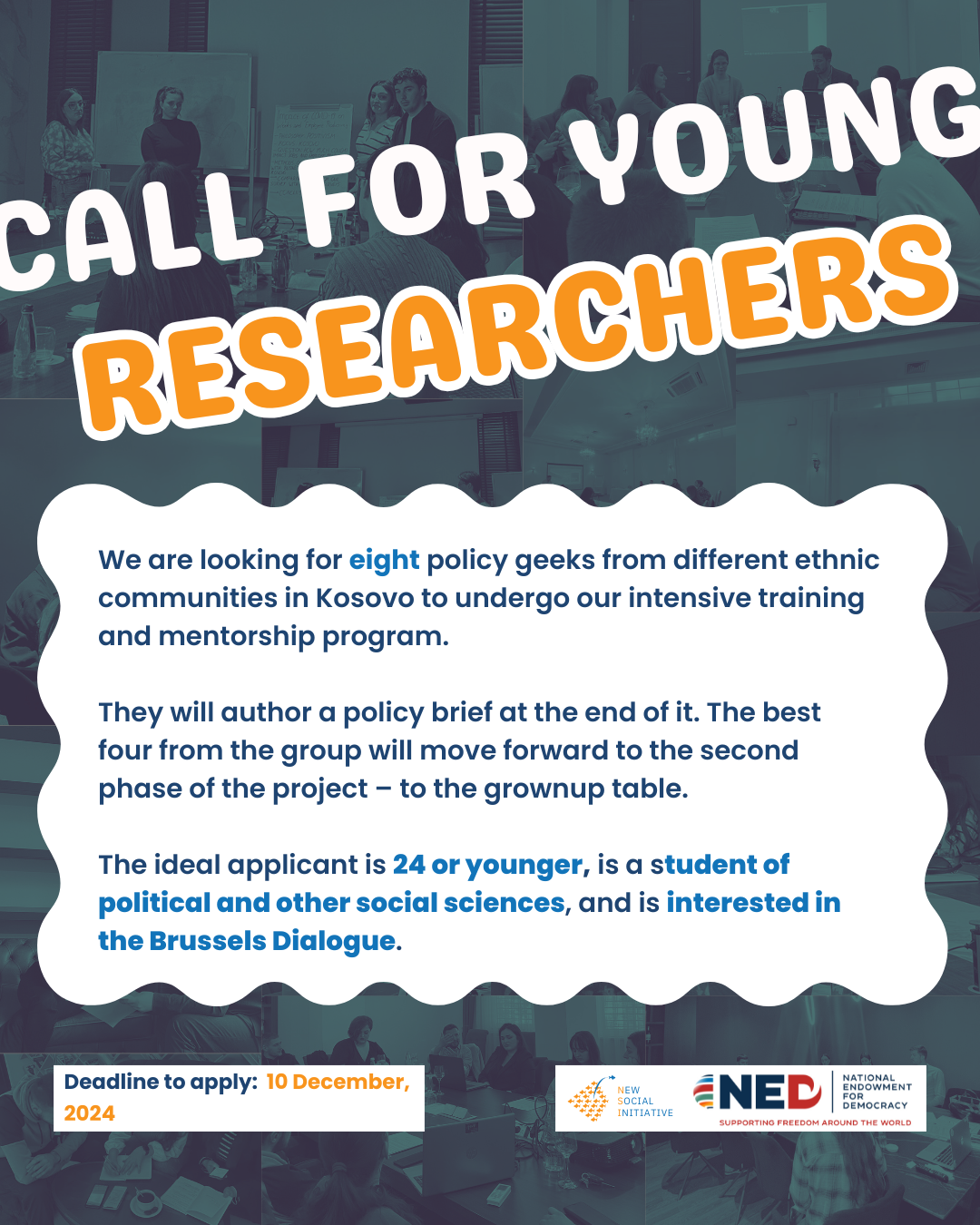

Strengthening the voices of victims
Over the past 20 years, there have been many initiatives in the Western Balkans to deal with the past, yet many efforts have failed to meet the expectations of victims and affected communities. Throughout the post-conflict period, victims of the conflict have played a largely marginal role and have been left out of the process of transitional justice and dealing with the past.
Milica Andrić Rakić is a project manager at the New Social Initiative, which together with partners from Kosovo, Serbia, Northern Macedonia, the Netherlands and the United States is working on a project that is primarily aimed at assisting victims and survivors, regardless of their ethnicity.
“The project aims to strengthen the organizations of victims and survivors of the war in Kosovo, in Macedonia and Serbia. All registered organizations or associations of families of war victims, but also informal groups. We are now in the phase when we are doing research on what kind of organizations exist, which do not exist, where they are located, what they do and what are their possibilities” – explains Andrić Rakić.
As she points out, the first findings indicate that some of these organizations are politicized and that there are no organizations of victims and survivors of Serbian nationality based in Kosovo.
“Most of them are in Belgrade. Within the Serbian community, the civil sector of victims and survivors of conflicts is not very developed, but we have some individuals who are prominent and openly talk about that topic, but are not necessarily organized, which is one of the problems in presenting requests to Kosovo institutions,” said Andrić Rakić.
The project is implemented by a consortium of organizations. In Kosovo, there are “Integra” and “New Social Initiative”, in Serbia – “Civic Initiative”, in Northern Macedonia – “Peace Action” from Prilep, from the USA and the Netherlands – “International Center for Transitional Justice” and “PAX”.
“Integra and we will conduct research and needs assessment of conflict victims’ organizations in the first phase of the project. The idea is to then work with them to raise whatever capacity they need, be they of an organizational nature, or any other area they feel they need, for example advocacy, organizing training. Later, we would possibly work on regional connections between organizations of victims and survivors of wars, and in that final phase we are going to have grants for those organizations, calls for applications, and at that time we will expand activities to youth organizations that also deal with transitional justice and dealing with the past”, explains Andrić Rakić.
Strengthening organizations and connecting different groups of victims of conflict, documenting and sharing their stories is a key precondition for institutions to take into account their needs, but also for the success of the process of transitional justice and confidence building in the Western Balkans.
“Unlike most transitional justice initiatives that focus on either a culture of remembrance or census and victim identification, this initiative seeks to empower existing ones and the victims associations to represent not only their own interests but also to deal with transitional justice themselves, such as the part of the society that claims the most rights at such a request”, emphasizes Andrić Rakić.
The text was originally published on Kosovo Trustbuilding Platform.





